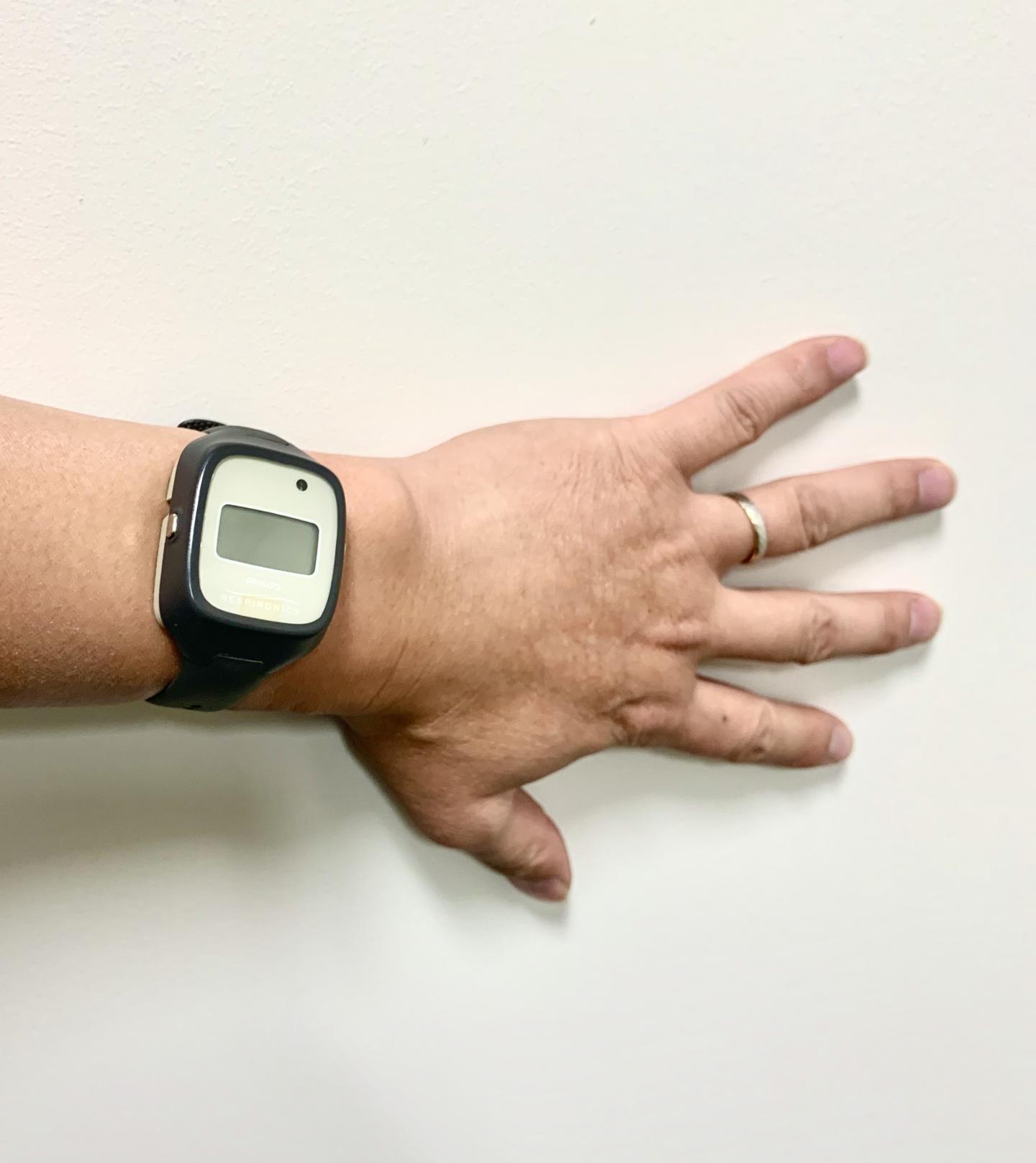Immune response against skin-dwelling viruses prevents cancer
Viruses get a bad rap as potential cancer-causers, but at least one class of viruses that commonly live on human skin – so-called “low-risk” human papillomaviruses – appear to play an unwitting role in protecting us against skin cancer according to a new study published in Nature. Patients who have immune systems that are suppressed from … Read more









